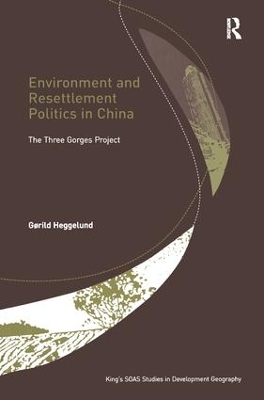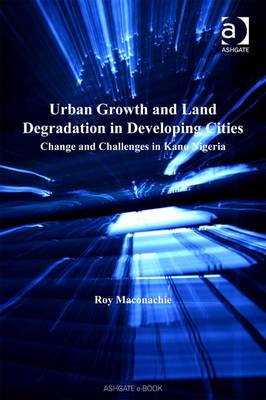King's SOAS Studies in Development Geography
2 total works
The peri-urban interface in poor countries is frequently an area of great dynamism and a focus of competition for basic resources. In Nigeria, peri-urban livelihood strategies have become an increasingly important survival mechanism in the context of rapid urban growth. This book uses an innovative combination of methodologies from both the natural and social sciences to examine recent developments in and around the city of Kano in northern Nigeria, and in doing so, provides insights into the sustainability of these livelihood strategies. Identifying some of the most significant forces that are currently shaping the process of peri-urban change, it argues that, despite the adoption of creative and ingenious strategies by many farmers, urban growth is having a considerable effect on the livelihood resilience of individuals, households and communities.
The findings presented in this book have much wider relevance and are transferable to other burgeoning Third World cities where increased pressures on urban hinterlands have intensified contests amongst various actors, made access to resources much more difficult and made traditional smallholder mechanisms of adaptation and resilience increasingly challenging.

